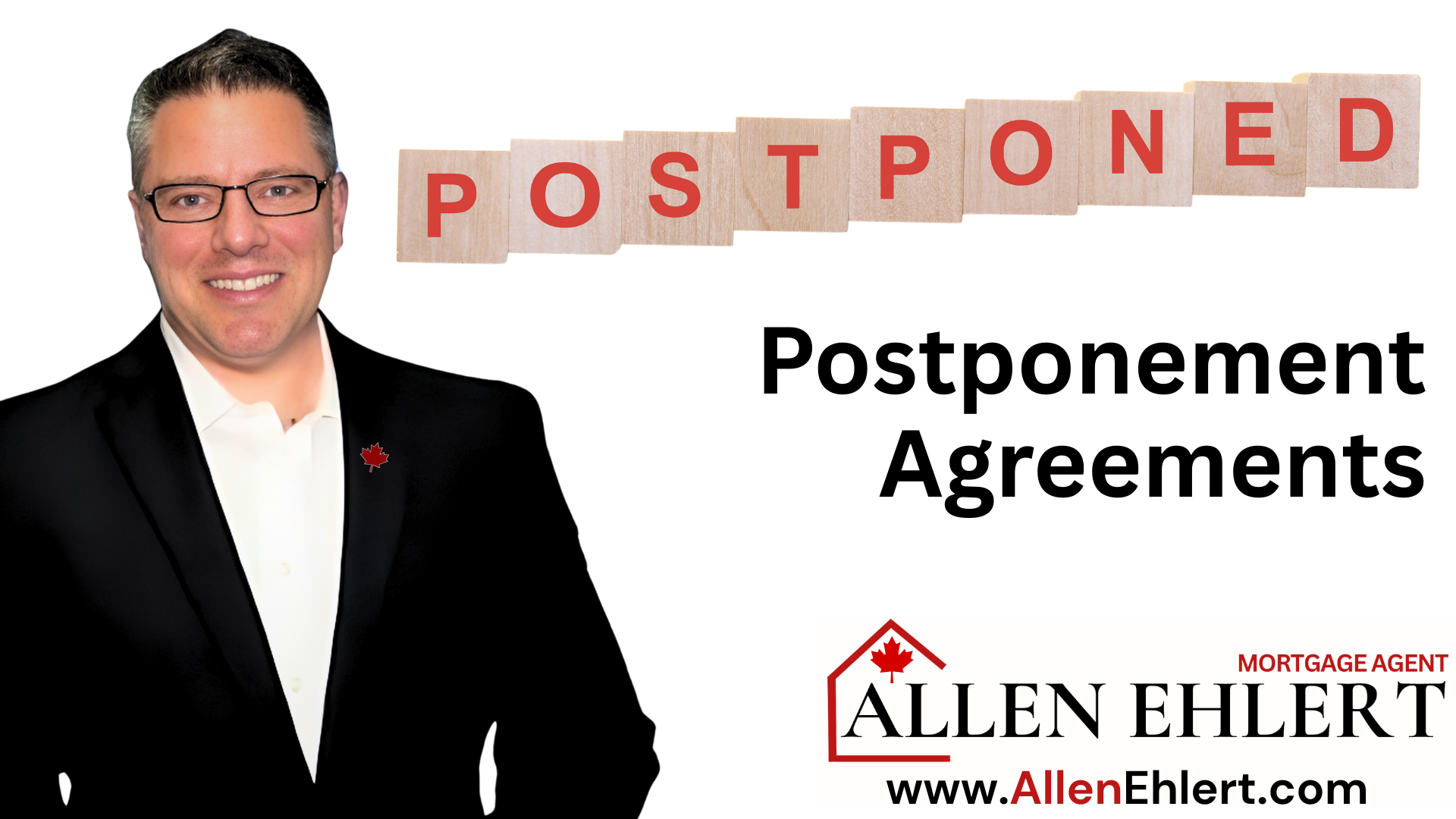As a licensed and experienced mortgage agent committed to providing my clients with access to the most suitable financing solutions, I often introduce them to lenders they may not be familiar with—especially when traditional lending options fall short. One such lender that consistently delivers flexible, transparent, and timely private mortgage solutions is RiverRock MIC.
What Kind of Lender Is RiverRock, and Why It Matters
Why Borrowers Choose RiverRock MIC
Who Is an Ideal Client for RiverRock?
What Makes RiverRock Stand Out
Who Is RiverRock MIC?
RiverRock MIC (Mortgage Investment Corporation) is a private, non-bank lender operating exclusively in Ontario. As a MIC, RiverRock pools capital from investors to provide residential mortgage loans, making them less constrained by regulatory requirements that govern traditional financial institutions. This flexibility allows them to serve borrowers who may not qualify for mortgages through mainstream channels due to income documentation issues, credit challenges, or property types.
Being a MIC also means RiverRock is property-driven, not borrower-driven. Their underwriting philosophy emphasizes the quality and marketability of the real estate securing the loan rather than rigid adherence to credit scores or debt servicing ratios.
What is a MIC?
A Mortgage Investment Corporation (MIC) is a uniquely Canadian financial vehicle designed to provide mortgage financing to borrowers who may not meet the stringent requirements of traditional lenders, such as banks or credit unions. At the same time, MICs serve as income-generating investments for individuals and institutions seeking exposure to real estate-secured lending.
Established under Section 130.1 of the Income Tax Act, MICs operate as corporations that pool capital from investors and lend those funds out as residential mortgages. The income generated from borrower interest payments is then distributed to shareholders, who are taxed personally on the earnings. This structure allows MICs to flow 100% of their net income through to investors without paying corporate income tax.
How MICs Work
MICs raise money by issuing shares to investors. They then use that capital to fund first or second mortgages, typically on residential properties. These mortgages are usually short-term and interest-only, and are fully secured by the underlying real estate.
Because MICs are not deposit-taking institutions and are not subject to the same regulatory constraints as banks, they have greater flexibility in approving deals. They evaluate each mortgage opportunity based on property quality and borrower circumstances, often accepting clients who do not meet conventional guidelines. The result is a more customized and efficient lending solution for borrowers—and a steady stream of income for investors.
What Kind of Lender Is RiverRock, and Why It Matters
RiverRock is classified as an alternative or private lender. This distinction matters because:
- They don’t require proof of income. Borrowers state their income and sign a self-declared income letter, eliminating the need for tax returns, NOAs, or employment letters.
- They are credit-flexible. Borrowers with beacon scores below 500, open consumer proposals, or recent bankruptcies can still qualify.
- They prioritize speed and efficiency. In urgent situations, RiverRock can close in as little as 24 hours with minimal documentation.
Why Borrowers Choose RiverRock MIC
Here are three powerful reasons why clients facing financing challenges would choose RiverRock:
- Ultra-Fast Turnaround for Urgent Closings
- Truly Low-Doc Lending
- Transparency and Simplicity
Ultra-Fast Turnaround for Urgent Closings
RiverRock offers same-day approvals and, in many cases, can fund a mortgage within 24 hours. For clients facing power of sale, expiring commitments, or collapsing deals, this level of speed is critical.
Truly Low-Doc Lending
RiverRock’s fully stated income program is among the most borrower-friendly in the industry. Borrowers can declare income from employment, commissions, bonuses, overseas funds, alimony, child benefits, or cash-based businesses—without providing backup documentation.
Transparency and Simplicity
Unlike many private lenders that pile on hidden fees, RiverRock keeps it simple. Borrowers see only two fees: a lender fee and legal fees. There are no surprise charges like underwriting, commitment, or reinvestment fees.
Who Is an Ideal Client for RiverRock?
The ideal borrower for RiverRock is someone who:
- Owns or is purchasing a marketable, middle-class residential property (not rural, agricultural, or commercial).
- Cannot qualify with a bank or alternative lender due to insufficient income documentation or credit impairment.
- Needs a fast and flexible financing solution.
- Is located in major or suburban Ontario markets, including the GTA, Niagara, Kitchener-Waterloo, Ottawa, and up to Orillia.
RiverRock is especially well-suited for self-employed individuals, commissioned salespeople, newcomers to Canada, or anyone with a non-traditional income source.
What Makes RiverRock Stand Out
RiverRock distinguishes itself in several ways:
- Common-sense underwriting: Every file is reviewed with an open mind. RiverRock underwriters work with brokers to make deals happen.
- Appraised value lending: In some cases, RiverRock will lend based on the appraised value rather than purchase price—adding flexibility.
- Aggressive LTVs: Up to 80% LTV on first mortgages for owner-occupied purchases.
- Creative payment options: From full payment reserves to partial reserves, clients can structure their payment timelines in ways that align with their cash flow.
My Final Thoughts
RiverRock MIC is not your everyday lender. But for clients who are underserved by banks and alternative lenders, they represent a highly effective, ethical, and transparent private lending solution.
As your mortgage agent, I only recommend lenders I trust to deliver on what they promise—and RiverRock does just that. If you’re exploring real estate financing options and your situation doesn’t fit inside the typical lending box, let’s talk. RiverRock may be exactly what you need to make your next move a reality.












